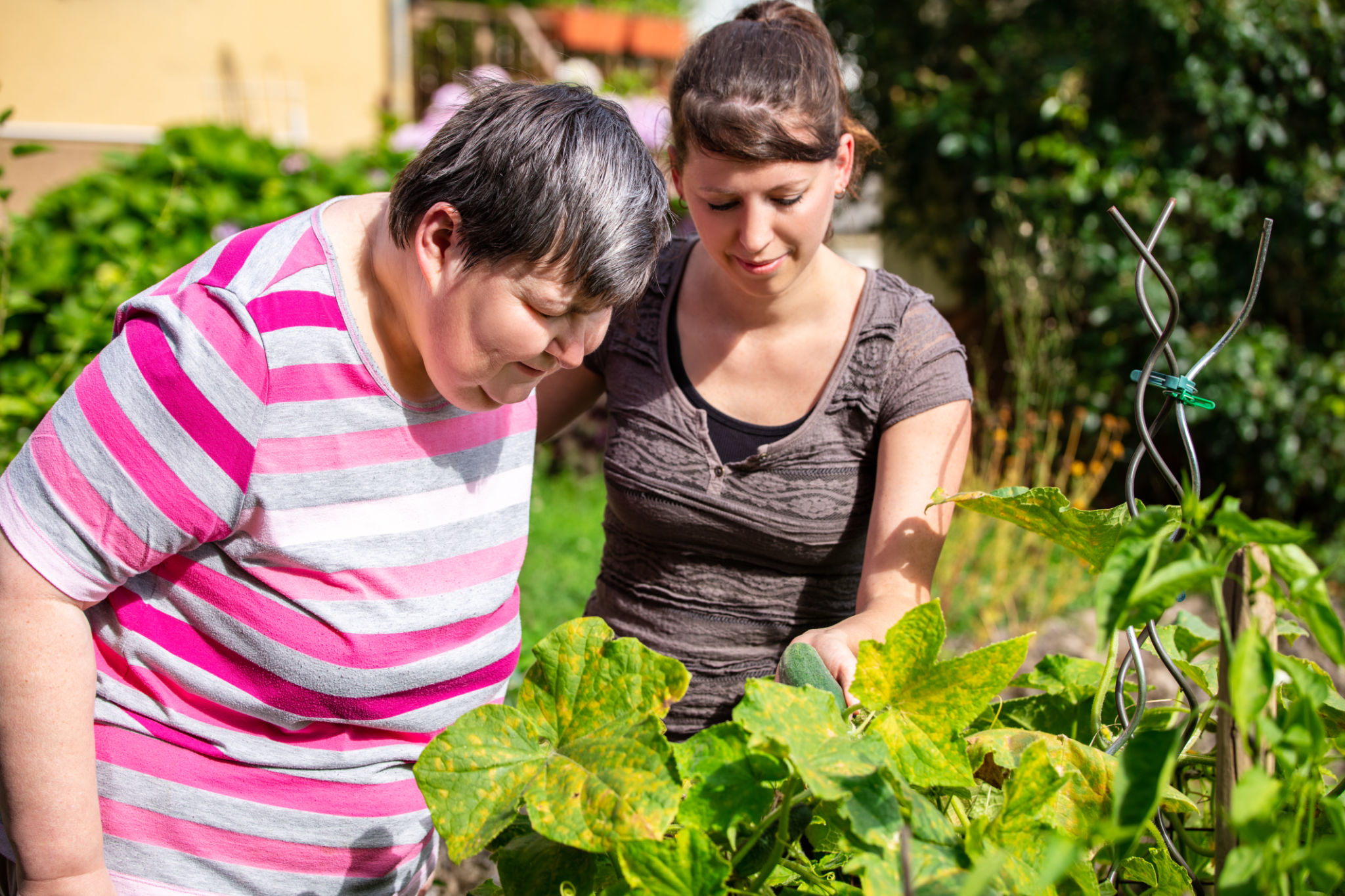Gardening as Therapy: Cultivating Peace and Purpose
The Healing Power of Gardening
In today's fast-paced world, finding ways to unwind and reconnect with nature can be a therapeutic escape. Gardening offers a unique combination of physical activity, mental relaxation, and spiritual rejuvenation. The act of tending to plants can provide a sense of peace and purpose, transforming your garden into a sanctuary for both the body and mind.

The Science Behind Gardening as Therapy
Research has shown that gardening can significantly reduce stress levels. Engaging with nature has a calming effect on the brain, lowering cortisol, the stress hormone. Moreover, the physical activity involved in gardening can increase serotonin levels, leading to improved mood and mental clarity.
Gardening also fosters mindfulness. As you focus on the simple tasks of planting, weeding, or watering, your mind naturally shifts away from worries and distractions. This promotes a meditative state that enhances mental well-being and offers a break from daily stressors.
Physical Benefits of Gardening
Besides its mental benefits, gardening is an excellent form of exercise. It involves various activities such as digging, planting, watering, and pruning, which help improve strength, stamina, and flexibility. This low-impact workout is particularly beneficial for seniors or individuals looking for gentle physical activity.

Creating a Therapeutic Garden Space
Designing a garden space that promotes tranquility can further enhance the therapeutic benefits. Consider incorporating elements such as:
- Water features: The sound of flowing water can be incredibly soothing.
- Seating areas: Comfortable spots for relaxation and reflection.
- Aromatherapy plants: Lavender, rosemary, and chamomile can provide calming scents.
A well-thought-out garden can serve as a personal retreat, offering an oasis of calm amid life's chaos.
Cultivating Purpose through Gardening
Gardening instills a sense of accomplishment as you witness the fruits of your labor bloom and grow. This process fosters patience and perseverance, as gardeners learn to navigate challenges such as pests and weather conditions. Each success, whether it’s a single flower or a bountiful harvest, brings a profound sense of achievement.

Connecting with the Community
Gardening can also be a social activity. Community gardens offer opportunities to connect with others who share similar interests. They provide a platform to exchange knowledge, seeds, and experiences, strengthening community bonds and fostering collaboration.
Sharing your gardening journey with others not only enhances personal satisfaction but also contributes to the collective well-being of the community. It’s a reminder that gardening is not just about growing plants but also about cultivating connections.
Conclusion: Embrace the Therapeutic Journey
Whether you have a sprawling backyard or a small balcony, gardening offers an accessible way to improve your mental and physical well-being. Embrace the therapeutic journey that gardening provides by dedicating time to nurture your green space. In return, you’ll find peace, purpose, and perhaps even a new perspective on life.